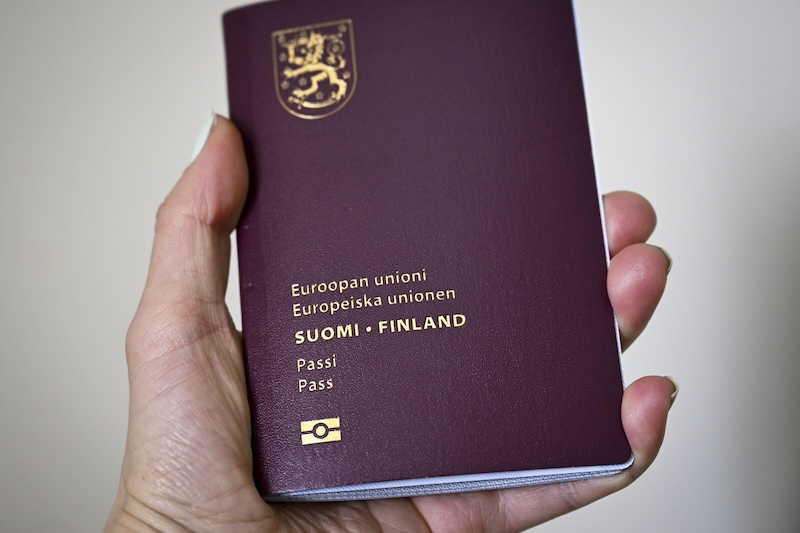Finland’s Parliament has passed new restrictions on citizenship eligibility, tightening financial and legal requirements for applicants and barring those who have relied on social welfare for more than three months within two years.
The legislation approved by a vote of 103 to 58 forms the second phase of the government’s ongoing reform of the Citizenship Act, led by Interior Minister Mari Rantanen of the Finns Party. The reform seeks to ensure that applicants demonstrate financial independence and commitment to Finnish society.
Under the new law, citizenship applications will be rejected if the applicant has received unemployment or subsistence benefits for more than three months in the preceding two years. Only minor children and those over the age of 65 are exempt.
The law also strengthens requirements for lawful conduct. Those convicted of crimes will now face longer waiting periods before being eligible to apply for citizenship. For instance, an unconditional prison sentence will result in an eight-year delay — up from seven years previously. Authorities may also deny applications on national security grounds, even if all other formal criteria are met.
In addition, applicants who provide false information or engage in fraudulent practices — such as having another person take their language exam — will lose eligibility. The amendments also lower the threshold for revoking citizenship for serious crimes, allowing revocation after a two-year prison sentence for treason, state offences, or terrorism. Previously, a five-year sentence was required.
Interior Minister Rantanen said the measures are designed to uphold the integrity of Finnish citizenship. “Citizenship must represent full participation and responsibility within Finnish society,” she stated.
The Social Democratic Party (SDP), while supporting the reform’s general direction, criticized the strictness of the income requirement. Eveliina Heinäluoma, a member of Parliament from the SDP and part of the Administration Committee, said the rules fail to account for temporary unemployment. “We support the condition of adequate income, but the government’s approach doesn’t reflect situations where well-integrated individuals lose jobs through no fault of their own,” she said.
The SDP proposed allowing exceptions for applicants who had received support for up to six months if the situation was temporary and beyond their control, but the government majority rejected the suggestion.
The vote saw one government MP, Eva Biaudet of the Swedish People’s Party, break ranks and oppose the bill.
This marks the second stage of a three-phase overhaul of Finland’s citizenship law. The first stage, which took effect in October 2024, extended the minimum residence period for naturalization from five to eight years. The upcoming third phase will introduce a citizenship test covering Finnish society, geography, history, and everyday life, expected to be debated during the ongoing autumn session.


